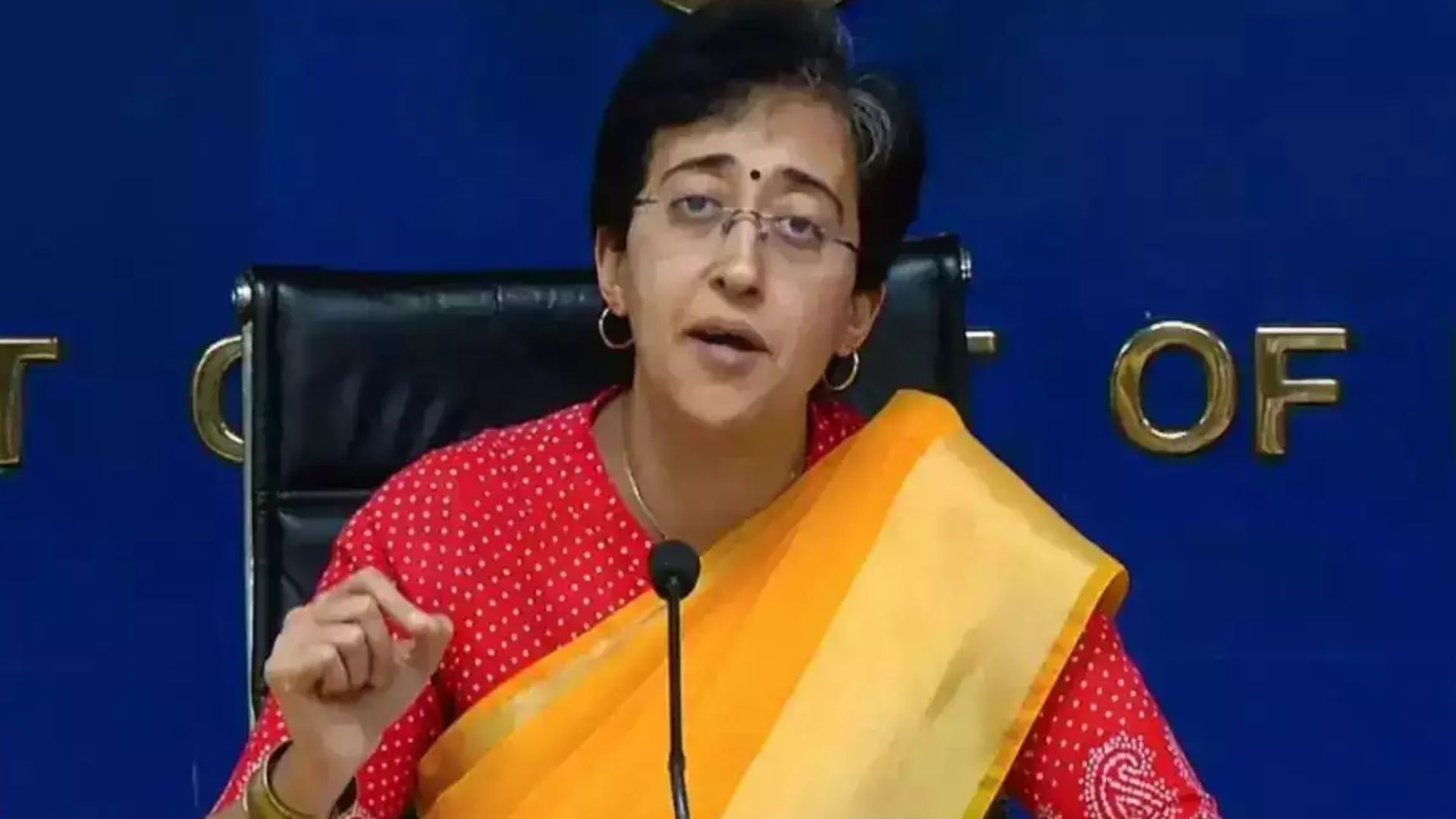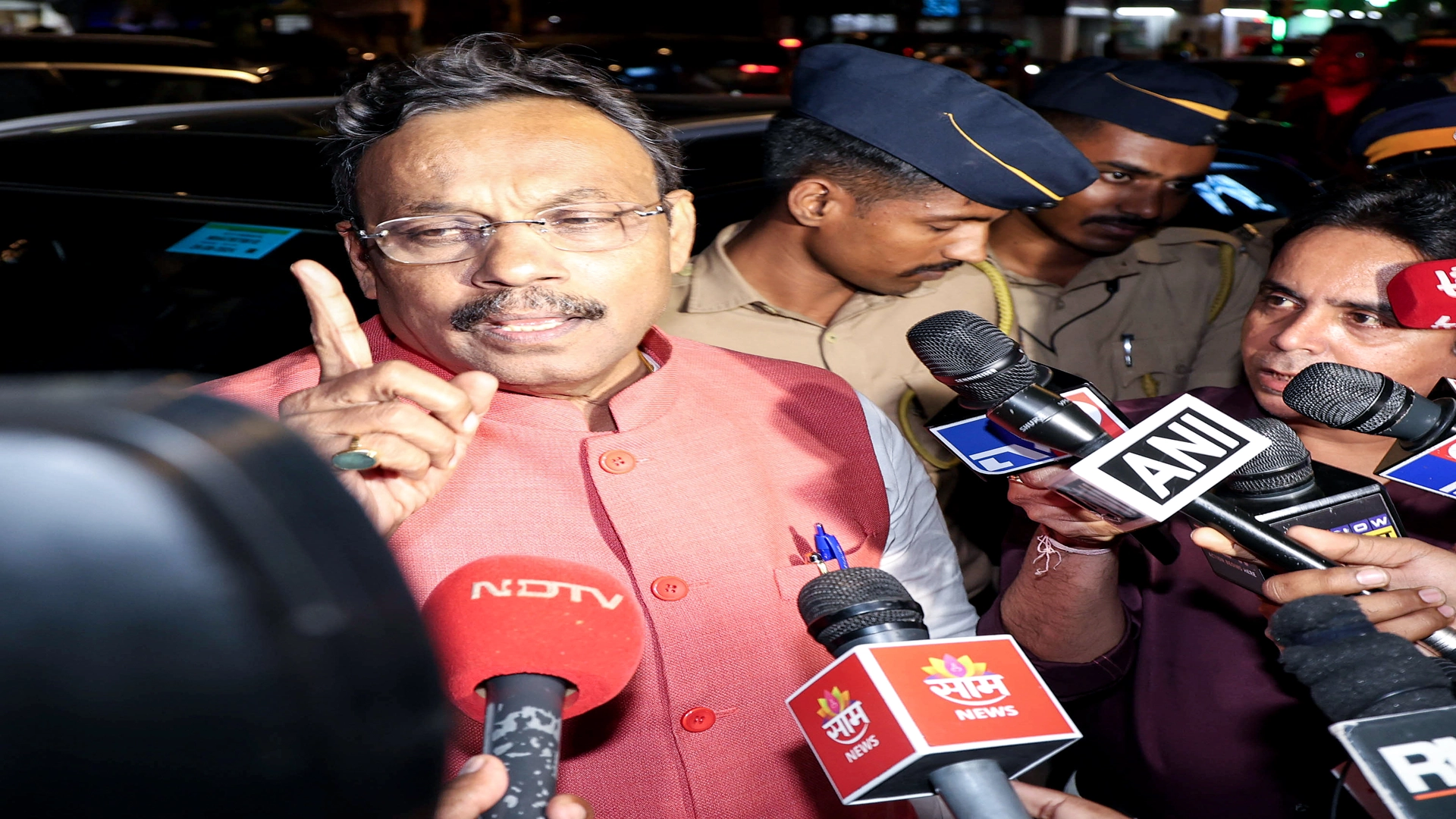
Atishi, the newly appointed Chief Minister of Delhi, has seen a remarkable rise in her political career, but it hasn’t been without its controversies. One notable decision she made was to drop her surname ‘Marlena,’ which she did for political reasons.
Atishi, a senior leader of the Aam Aadmi Party (AAP), was chosen as chief minister following a unanimous decision by party legislators after Arvind Kejriwal proposed her name as his successor. Previously, she held 14 portfolios, including finance and education, and played a significant role during Kejriwal’s absence due to his arrest.
The name ‘Marlena’ was a blend of Marx and Lenin, reflecting the leftist ideologies of her parents, both professors at Delhi University. However, as she rose in politics—especially leading up to the 2019 Lok Sabha elections—speculation arose that her surname linked her to communist ideology. This prompted her to drop ‘Marlena’ to prevent any misunderstandings regarding her political beliefs.
Atishi aimed to keep the focus on her work and policy contributions rather than becoming embroiled in controversies related to her name. In August 2018, she clarified, “Marlena is not my surname. My surname is Singh, which I never used. I have decided to use just Atishi for my election campaign.”
Reports indicated that political opponents, particularly from the Bharatiya Janata Party (BJP), might attempt to portray her as a foreigner and a Christian, leveraging her name’s communist connotation. AAP leaders, including Saurabh Bhardwaj, sensed that these narratives were being pushed to mislead the public, but emphasized that the choice was ultimately Atishi’s.
#WATCH | AAP leader Atishi takes oath as Chief Minister of Delhi pic.twitter.com/R1iomGAaS9
— ANI (@ANI) September 21, 2024
Atishi’s decision reflects a strategic move to maintain clarity in her political identity amidst the sensitivities surrounding political affiliations in India. The BJP, for its part, denied any allegations of communal politics, suggesting that AAP was merely preparing excuses for potential electoral defeats.














